With new thinking, reforming the business environment will be an unlimited driving force for businesses' investment and business plans.
Business environment in 2025: Big changes when abandoning the mindset of "if you can't manage it, ban it"
With new thinking, reforming the business environment will be an unlimited driving force for businesses' investment and business plans.
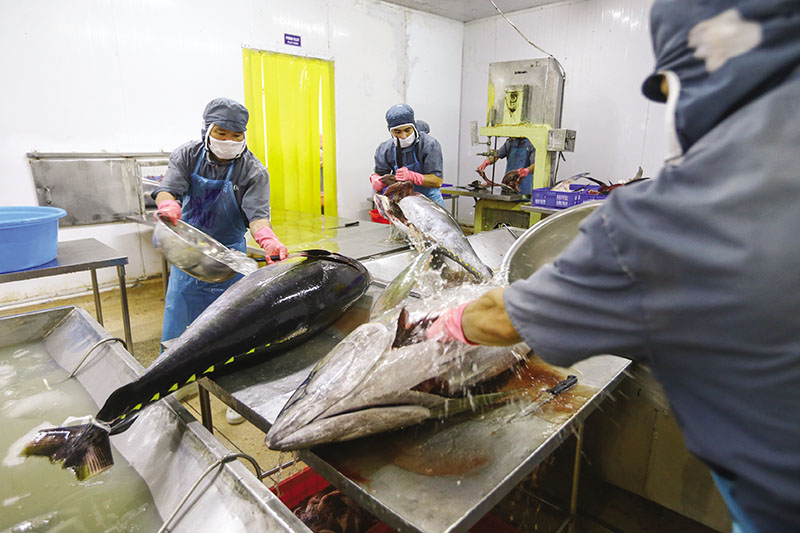 |
| In the context of business environment reform showing signs of slowing down, business development in 2024 is also slower than in previous years. Photo: Duc Thanh |
Shifts in thinking
The principle of "giving up the mindset of not being able to manage, then ban" will be present in Resolution 02 on key tasks and solutions to improve the business environment and enhance national competitiveness by 2025.
Ms. Nguyen Minh Thao, Head of the Department of Business Environment and Competitiveness Research (Central Institute for Economic Management - CIEM) excitedly shared the main features of the Draft Resolution that the Ministry of Planning and Investment submitted to the Government last weekend.
As someone who has accompanied the first versions of Resolution 02 (Resolution No. 19/NQ-CP for the years 2014-2018; Resolution No. 02/NQ-CP for the years 2019-2022 and 2024), Ms. Thao immediately envisioned the huge impacts of this principle in policy and law making activities.
“For a long time now, every time we work on cutting business conditions and reforming specialized management, we often receive criticism 'it's been cut and simplified, so how can we manage the state'. As a result, there are tasks and requirements in the Resolution that have not been implemented for many years, many barriers to investment and business activities, although pointed out, have not been removed. There is even a situation of switching to other forms, causing many reforms to become formalities... But with a new mindset, identified right in the Resolution, I believe that implementation will have a big change", Ms. Thao believes.
These changes can be clearly visualized through the four main viewpoints emphasized in the Draft Resolution.
Firstly, expand and ensure freedom of business for people and enterprises in accordance with the provisions of the 2013 Constitution. Timely create and perfect institutions and policies to remove barriers for enterprises, promote private investment; at the same time, encourage innovation activities, new business models, suitable and flexibly adaptable to development trends.
Second, improve the quality of policy and law making; strictly implement the requirement of transforming the thinking of law making, abandoning the thinking of "if you can't manage it, then ban it". Reform administrative procedures, reduce the compliance burden for people and businesses. Improve the quality of legal document enforcement; ensure that administrative procedures are handled on time and no additional requirements or conditions are imposed on businesses.
Third, promote decentralization and delegation of power; monitor and rectify the implementation and settlement of administrative procedures.
Fourth, maintain and replicate good and advanced policy experiences on state management of production and business activities of enterprises.
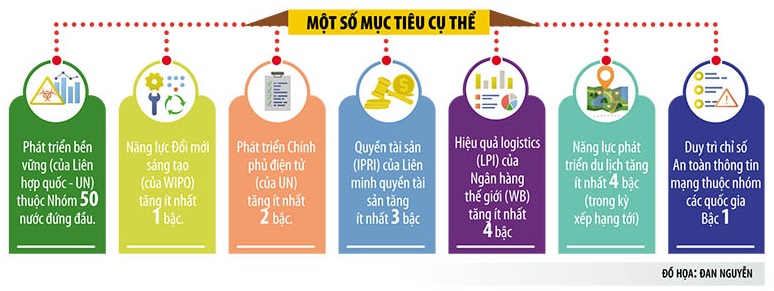 |
Business expectations
The fourth point in the guiding viewpoint in Draft Resolution 02 is what the Vietnam Federation of Commerce and Industry (VCCI) as well as many business associations in the food processing sector are looking forward to the most.
In the comments section for the Draft Resolution, VCCI expressed its support on behalf of businesses. “This direction from the Draft Resolution will ensure that the current effective management mechanism continues to be transformed in the amendments in the field of food safety management in the coming time. The business community welcomes and supports this drastic and progressive spirit,” VCCI said.
Mr. Nguyen Hoai Nam, Deputy General Secretary of the Vietnam Association of Seafood Exporters and Producers (VASEP), even said that he had immediately sent a document to the Prime Minister's Administrative Procedure Reform Working Group, the Administrative Procedure Reform Advisory Council and CIEM to clarify concerns related to the Draft Law on Food Safety Amendment.
In the proposal to amend the Food Safety Law, the Ministry of Health has provided guidance on the policy group “State management of food products, focusing on issues of product registration and declaration, food testing, state inspection and management of products subject to special control”. Accordingly, it is expected to abolish the management measures that the Government has assessed as “very advanced, fundamentally changing the way food safety is managed” of Decree 15/2018/ND-CP, to return to the pre-inspection measures of Decree 38/2012/ND-CP that have been abolished.
“We have recommended that the Ministry of Health and the Drafting Committee consider not including in the Draft Law on Food Safety amendments the pre-inspection regulations that have been removed and are contrary to the Government's Resolution such as 100% registration, 100% import inspection without risk management, and periodic inspection. Along with that, amend in the direction of including advanced regulations of Decree 15/2018/ND-CP in the Draft, specifically the regulations on registration of declarations and self-declarations; inspection of imported food according to 3 levels of risk management: strict, normal and reduced,” said Mr. Nam.
It will not be just "being able to do what the law does not prohibit"
Frankly, when assessing steps to improve the business environment in 2024, reports from the Ministry of Planning and Investment sent to the Government all identified a slowdown in business environment reform.
Specifically, there has been little change in specialized management of import and export goods; administrative procedures are still cumbersome, complicated and cumbersome; online public services, although improved, are not convenient and smooth; many online procedures are still formal...
In that context, business development in 2024 is slower than in previous years. The ratio of enterprises entering the market compared to enterprises withdrawing from the market, the average capital and labor scale in enterprises are all lower than in previous years. Business development has not achieved the Government's target.
Mr. Phan Duc Hieu, Standing Member of the National Assembly's Economic Committee, mentioned this when looking at the upcoming requirements in reforming the business environment.
“During the years of the pandemic and after, we saw the high rate of business withdrawals as a result of the need for business restructuring. But this situation has lasted until now, so we need to carefully evaluate it. The difficulties of businesses are still great and uncertain, even though there are market opportunities, the determination to remove institutional bottlenecks is very strong. At this time, solutions to reform the business environment need to be implemented substantially,” said Mr. Hieu.
Setting enforcement requirements is what Mr. Hieu always emphasizes when discussing business environment reform. Specifically, the goal must be to reduce compliance costs, promote entrepreneurship, and strengthen business confidence. This time, he has higher expectations.
“Perhaps we need to understand more deeply the principle of abandoning the mindset of if we cannot manage, then ban. With this mindset, mechanisms and policies will not only change in the direction that people and businesses are allowed to do what the law does not prohibit, but more broadly, they are allowed to do what the law does not regulate,” Mr. Hieu expressed his opinion.
Opportunities for new business models and experiments to explode along with market trends. However, Mr. Hieu also shared that this requires stronger, more substantial and more drastic participation from ministries, branches and localities. First, after the Resolution is issued, programs, action plans and specific documents to implement the Resolution will have to be issued on time, expected to be before January 30, 2025.
- Removing legal and enforcement problems in implementing investment projects.
- Improve the quality of the list of conditional investment and business sectors and business conditions.
- Innovate specialized management and inspection of goods and effectively deploy the National Single Window Portal.
- Strengthen the application of information technology, interconnection and data sharing among state agencies to improve the efficiency of administrative procedure settlement.
- Improve the quality of business development services.
Source: Draft Resolution 02 on key tasks and solutions to improve the business environment and enhance national competitiveness by 2025
Source: https://baodautu.vn/moi-truong-kinh-doanh-nam-2025-thay-doi-lon-khi-bo-tu-duy-khong-quan-duoc-thi-cam-d232542.html


![[Photo] General Secretary To Lam receives French Ambassador to Vietnam Olivier Brochet](https://vstatic.vietnam.vn/vietnam/resource/IMAGE/2025/4/17/49224f0f12e84b66a73b17eb251f7278)
![[Photo] National Assembly Chairman Tran Thanh Man meets with outstanding workers in the oil and gas industry](https://vstatic.vietnam.vn/vietnam/resource/IMAGE/2025/4/17/1d0de4026b75434ab34279624db7ee4a)
![[Photo] Promoting friendship, solidarity and cooperation between the armies and people of the two countries](https://vstatic.vietnam.vn/vietnam/resource/IMAGE/2025/4/17/0c4d087864f14092aed77252590b6bae)
![[Photo] Nhan Dan Newspaper announces the project "Love Vietnam so much"](https://vstatic.vietnam.vn/vietnam/resource/IMAGE/2025/4/17/362f882012d3432783fc92fab1b3e980)

![[Photo] Closing of the 4th Summit of the Partnership for Green Growth and the Global Goals](https://vstatic.vietnam.vn/vietnam/resource/IMAGE/2025/4/17/c0a0df9852c84e58be0a8b939189c85a)
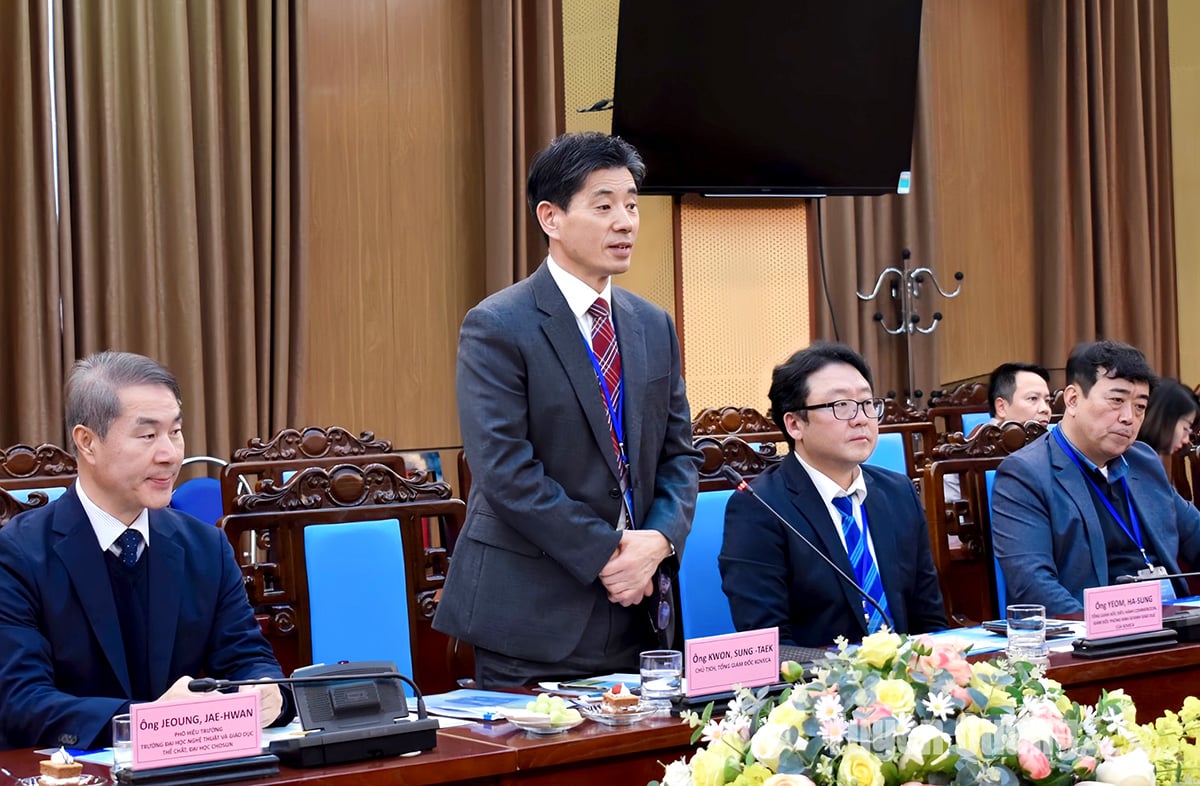



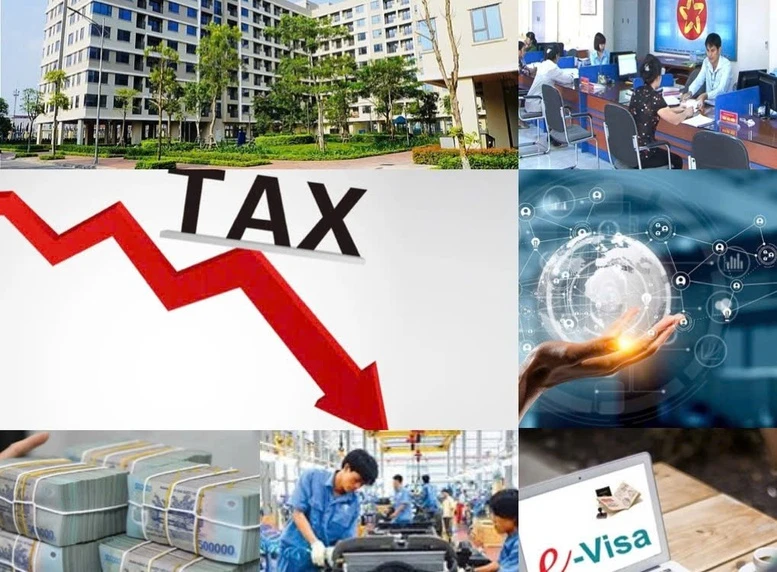


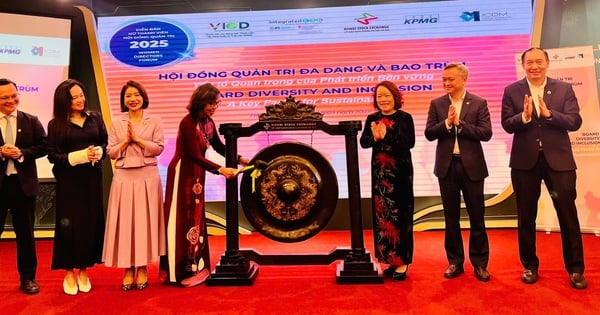

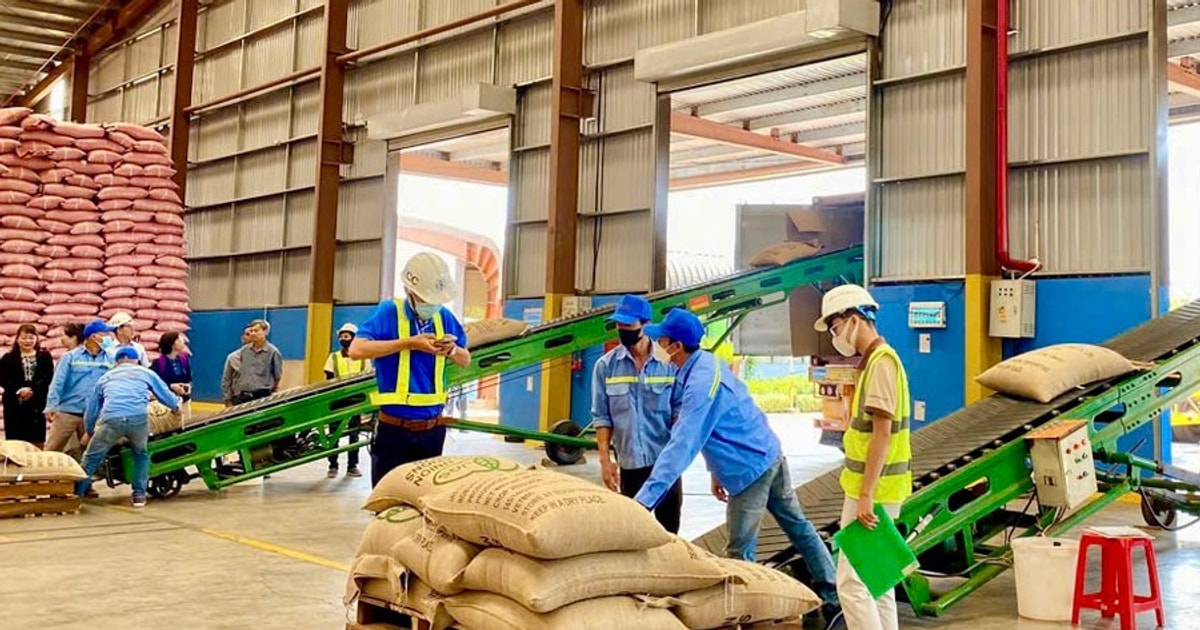



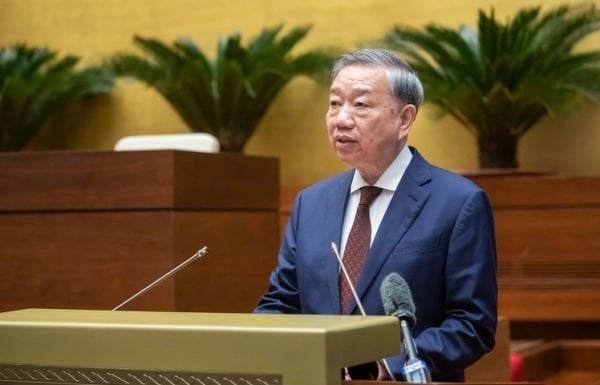








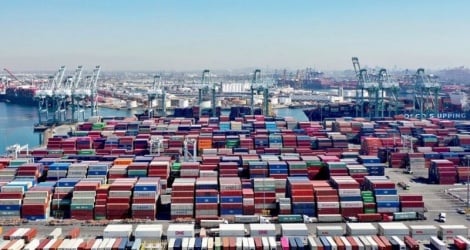
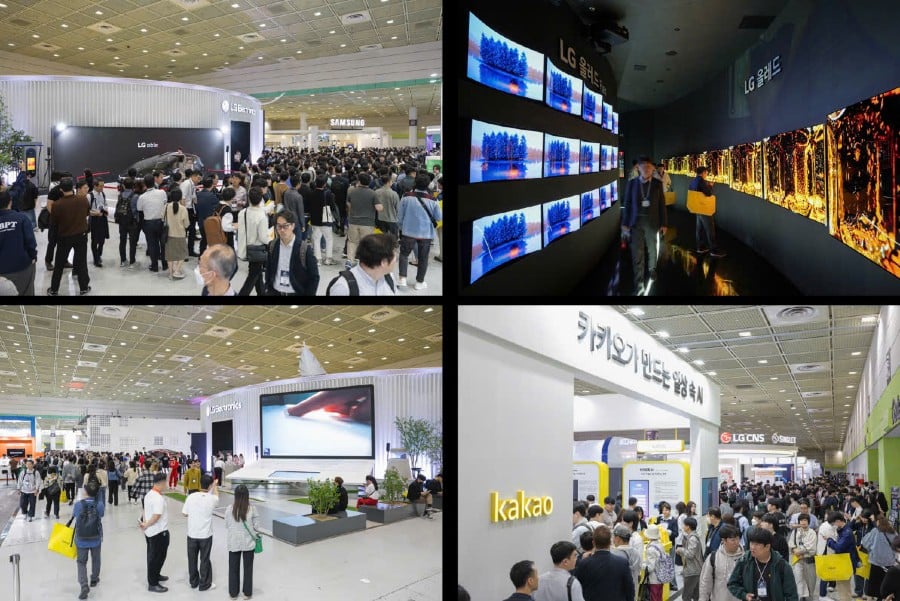


![[Photo] Welcoming ceremony for Chinese Defense Minister and delegation for friendship exchange](https://vstatic.vietnam.vn/vietnam/resource/IMAGE/2025/4/17/fadd533046594e5cacbb28de4c4d5655)
























![[Video] Viettel officially puts into operation the largest submarine optical cable line in Vietnam](https://vstatic.vietnam.vn/vietnam/resource/IMAGE/2025/4/17/f19008c6010c4a538cc422cb791ca0a1)
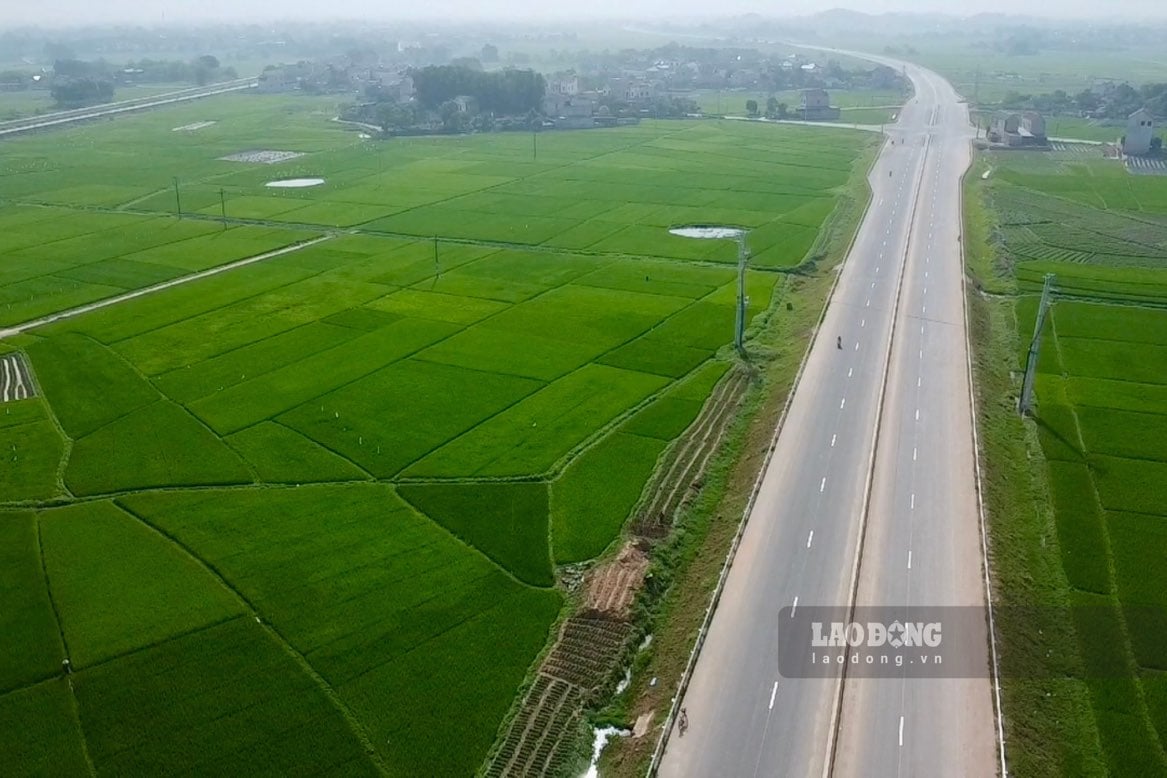





















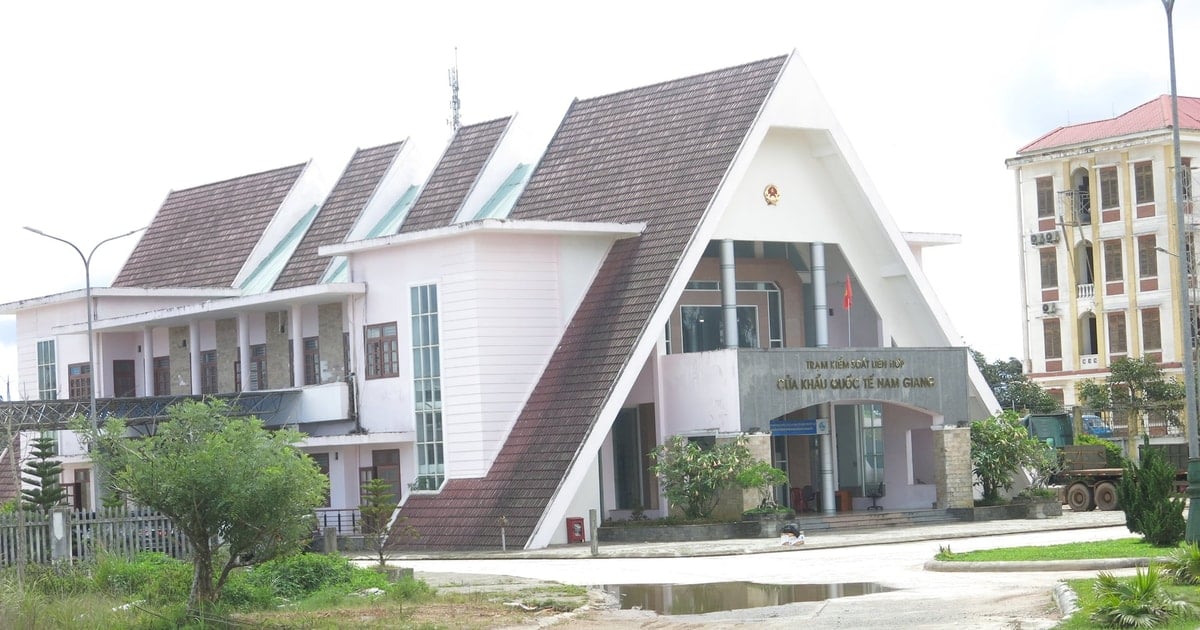




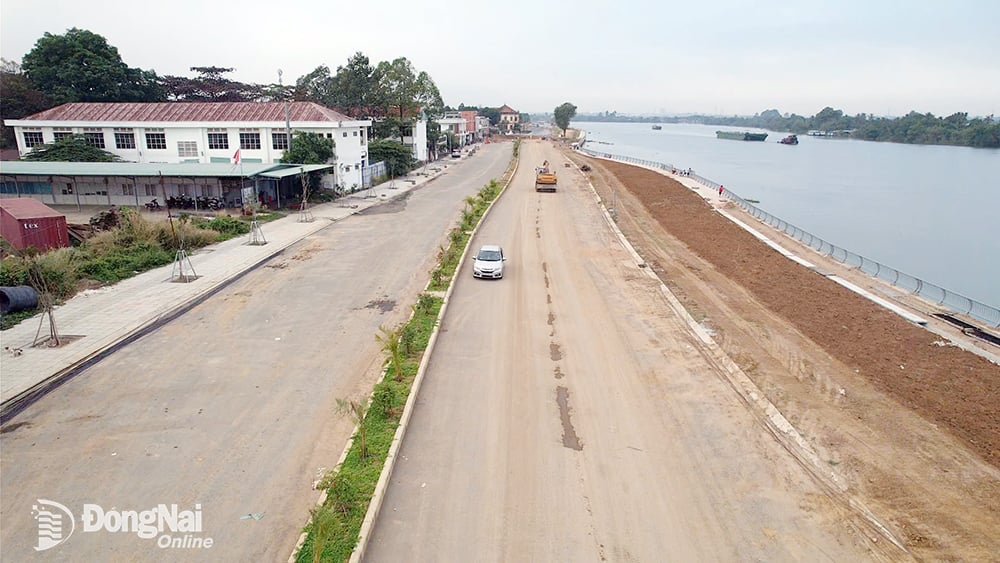











Comment (0)